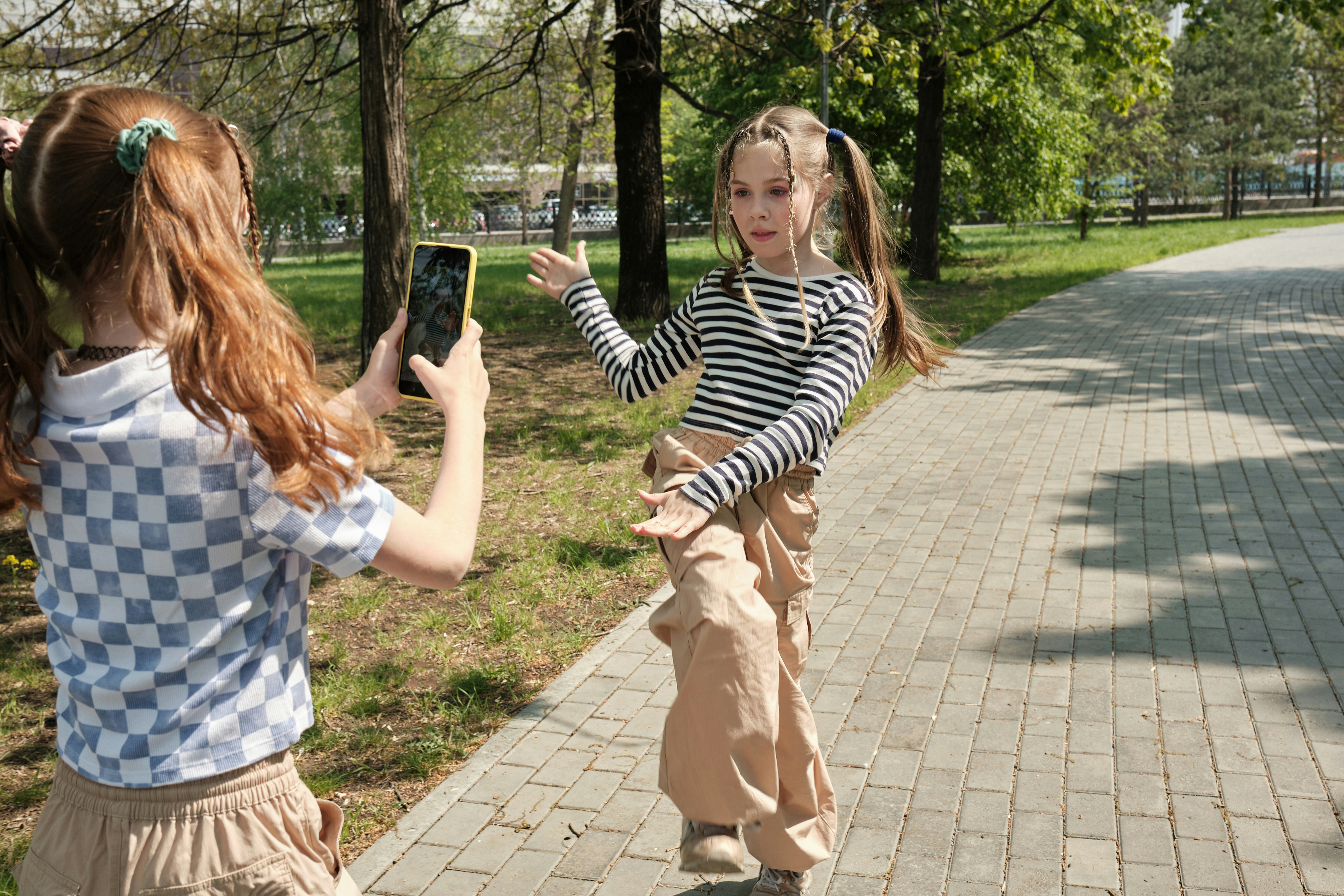In a bold move to address growing concerns over technology addiction and its impact on youth mental health, a recent report has urged the UK government to consider banning smartphones for children under the age of 16. This recommendation comes amid increasing evidence that excessive screen time can have detrimental effects on young minds, including issues related to mental health, educational performance, and social interactions.
The report, which has sparked a nationwide debate, highlights the urgent need for a comprehensive approach to managing children's smartphone usage. A wide variety of unfavorable outcomes are being brought about as a result of the widespread usage of cellphones among youngsters. These effects include sleep problems, increased worry and sadness, and more. It further emphasizes that a government-led initiative could be instrumental in curbing these adverse effects.
The Case for a Smartphone Ban
One of the primary arguments for the proposed ban is the link between excessive screen time and mental health issues. Studies have shown that children who spend more time on their phones are more likely to experience symptoms of anxiety and depression. The constant exposure to social media, in particular, can exacerbate feelings of inadequacy and loneliness. Because children are not adequately prepared to deal with the pressures of social media, they frequently engage in cyberbullying and develop a skewed perception of the world around them.
Moreover, the impact of smartphone usage on educational outcomes cannot be ignored. Teachers and parents alike have observed that children who are frequently on their phones tend to have shorter attention spans and lower academic performance. The distraction caused by constant notifications and the temptation to check social media can significantly hinder a child's ability to focus on their studies.
Parental Control and Digital Wellbeing
The report also touches on the role of parents in managing their children's screen time. While parental control apps and settings can help limit usage, they are not foolproof. Children often find ways to bypass these controls, making it challenging for parents to enforce strict screen time limits. The implementation of a government policy would result in a more standardized approach, ensuring that all children would get the benefits of using less screen time.
In addition to mental health and educational concerns, the report highlights the importance of fostering a tech-free childhood. Engaging in outdoor activities, reading books, and spending quality time with family are crucial for a child's development. If children were prohibited from using cellphones, it would encourage them to learn about the world around them and develop skills that are crucial for life.
Challenges and Counterarguments
Despite the compelling arguments in favor of the ban, there are several challenges and counterarguments to consider. Critics argue that a blanket ban may be too extreme and could infringe on personal freedoms. They also point out that smartphones can be valuable educational tools when used appropriately. "It's not about demonizing technology but about finding a balance," one expert commented.
Furthermore, enforcing such a ban could prove to be difficult. With the widespread availability of smartphones and the increasing reliance on technology for communication and learning, a complete ban may not be practical. Instead, some suggest that a more nuanced approach, such as setting strict usage guidelines and promoting digital literacy, could be more effective.
The debate over whether the UK government should ban smartphones for children under 16 is complex and multifaceted. While the potential benefits of such a ban are clear, including improved mental health and better educational outcomes, the challenges of implementation and enforcement cannot be overlooked. Ultimately, the goal should be to create a balanced approach that promotes digital wellbeing and ensures that children can enjoy the benefits of technology without falling victim to its pitfalls.















